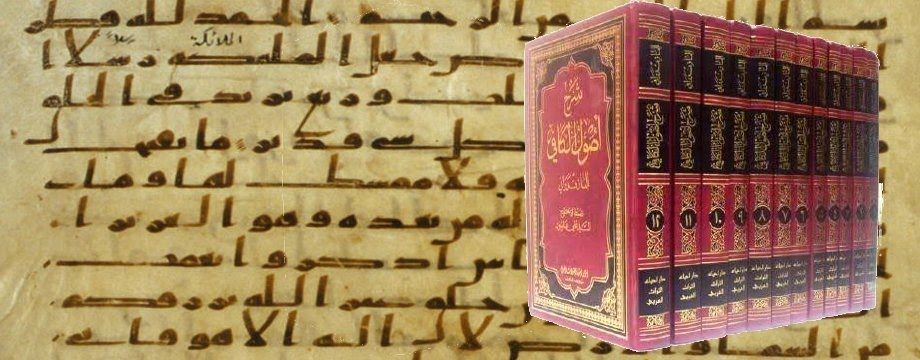A number of Sunnī and Shīʿah sources quote the Prophet (ṣ) calling Imam ʿAlī (a) ‘al-Anzaʿ al-Baṭīn’, which literally means: the bald and stout one. For instance, al-Kanjī al-Shāfiʿī (though there are some who consider him to be a Shīʿah) states: “ʿAlī ibn Abī Ṭālib used to be called al-Anzaʿ al-Baṭīn. This is because he remained free from polytheism (anzaʿ min al-shirk) and never ascribed any partner to Allah even for a single moment in his life…” And the title ‘al-baṭīn’ actually meant that he was full of knowledge or had profound and deep knowledge (al-baṭīn min al-ʿilm). This is because Imam ʿAlī was known for his great knowledge and deep understanding which was unique and unmatched. That is why he was recognized as the most learned among the companions, having gained his immense knowledge from his numerous private sessions with the Noble Prophet (ṣ).
In one tradition, the Prophet (ṣ) is reported to have explained the meaning of these two terms as he told ʿAlī (a), “…Glad tidings to you, for indeed you are al-Anzaʿ al-Baṭīn – (i.e.) he who has been kept away from polytheism (manzūʿ min al-shirk) and is full of knowledge (baṭīn min al-ʿilm).” [Biḥār al-Anwār 40:78].1 If one neglects to go through all the traditions, he or she may come up with a wrong understanding of these two terms and think that they refer to the literal meaning and describe the outward appearance of Amīr al-Muʾminīn as a balding, stout man. Given the envy and enmity that many had for him, it is not unlikely that terms such as these, if they were truly spoken by the Noble Prophet (ṣ), would be misused to make fun of the Imam. Hence, it is important that we understand such terms correctly.

